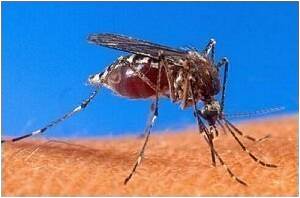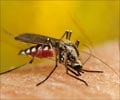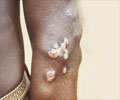Internet-based surveillance could help predict infectious diseases like dengue fever and influenza up to two weeks earlier than traditional surveillance methods, claim researchers.

He said that this is because traditional surveillance relies on the patient recognising the symptoms and seeking treatment before diagnosis, along with the time taken for health professionals to alert authorities through their health networks.
Hu said that in contrast, digital surveillance can provide real-time detection of epidemics.
He said the study found by using digital surveillance through search engine algorithms such as Google Trends and Google Insights, detecting the 2005-06 avian influenza outbreak "Bird Flu" would have been possible between one and two weeks earlier than official surveillance reports.
The new study has been published in journal Lancet Infectious Diseases.
Source-ANI















